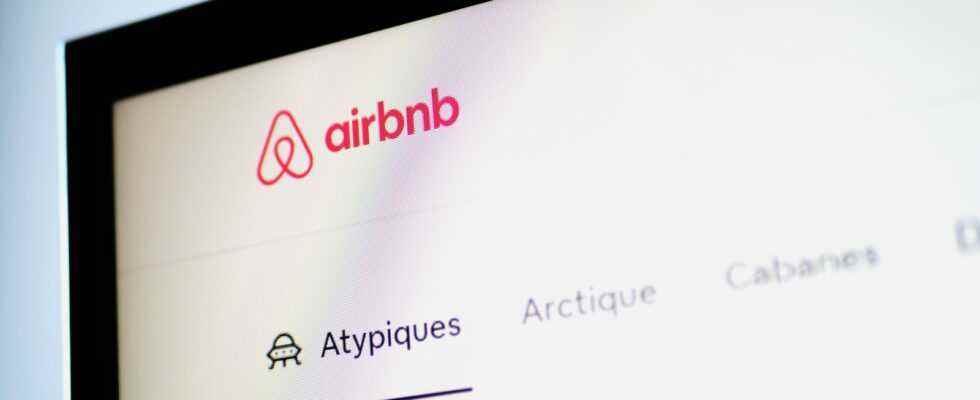Sacem demands from the owners of seasonal rentals an annual fee for copyright. This situation, subject to conditions, arouses great misunderstanding.
In recent days, it’s been a bit of a mess among owners who put their accommodation up for seasonal rental. Indeed, the Sacem, Society of authors, composers and music publishers, would claim from them, under certain conditions only, copyrights due to the presence of a television, a radio or a CD player. in the accommodations. Between what Sacem really has the right to do, the applicable conditions and what may have been said on the right or on the left, the lawyer and engineer Jean-Denis Lefeuvre spoke on social networks to help us see more clearly.
Surprise visits to homes to make owners pay royalties
Two elements ignited the powder. The first is none other than the evocation of an annual flat rate, amounting to 198.01 euros, to which the owners of seasonal rentals (bed and breakfast, gîte, furnished tourist accommodation) would be subject who would make available their customers and travelers a television, radio or CD player, if they want to broadcast works in the rooms and common areas of the accommodation. Anyone who declares the presence of such a device in advance would even benefit from a 20% reduction.
We come to the second element: the payment of the famous Sacem tax. Le Figaro for example collected the testimony of Neela, former owner of guest rooms in Metz. ” One morning, I see a man arrive at my house, drawing a Sacem cardshe says. He wanted to check if I had a television or a radio in my establishment “.
After verification, the Sacem confirms the process, and Neela pays this sum of just under two hundred euros, for the sole presence of a single television, hers, in the common living room. Jean Félix Choukroun, director of customer service at Sacem, confirms to Parisian that the agents of the company have the legal authorization to enter the homes between two rentals ” to check for the existence of a TV or radio “. What is the problem then?
A process that is not legal, in addition to being imprecise
The problem is that a Sacem inspector has no right to enter a home, because he remains an employee of a private company (Sacem is a private company managing collective musical rights) and does not have no prerogatives of public power. In other words: you can politely close the door in his face without having to fear anything. ” If he tries to intimidate you and impress you to come home (Editor’s note: by evoking a fine of up to 300,000 euros in the event of refusal)he does not have the right to do so and you can refuse without the slightest fear », explains Jean-Denis Lefeuvre.
Then concerning the presence within a seasonal rental of a television, a CD player or a radio, the lawyer and engineer indicates that they are not subject to payment to Sacem because of their mere presence. ” Only the forced sound system of a room receiving third parties can be “, he specifies, evoking the examples of a restaurant or a waiting room. Here, the establishments add sound to their spaces themselves, thus requiring customers, patients and others to listen to the artistic production for which they are then subject to the copyright of Sacem. This notion of constraint to listening is the first exception.
The second exception is based on hotel reception of a television signal. If a hotel installs a satellite dish in all the rooms of its establishment, it does not have to pay anything. On the other hand, if he has a single satellite dish for the entire hotel and the signal is sent to all the televisions, he must pay the tax claimed by Sacem. The Court of Cassation drew the contours of this exception in a judgment of April 6, 1994, since supplemented at the jurisprudential level by a judgment of the Court of Justice of the European Union (CJEU), which explains that the simple provision of reception or listening facilities is not comparable to a ” communication to the public “. In short, ” it takes more than the push of a button for customers to access works sums up Jean-Denis Lefeuvre well.
Source: Twitter @jdl288, Le Figaro

31